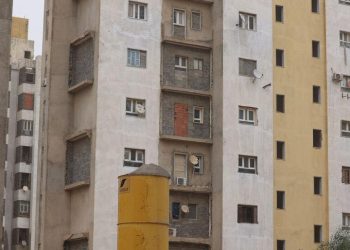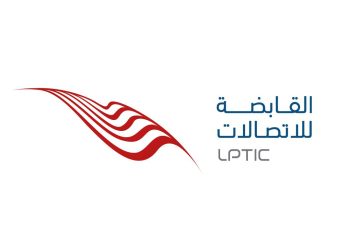By Libya Herald staff.
Tripoli, 31 October 2014:
With human rights abuses and war crimes by lawless militias and armed groups on all sides . . .[restrict]of the conflict rampant, according to Amnesty International, leaders of militias and armed groups have a primary duty to put an end to these violations of international humanitarian law, the organisation has said. The leaders must make clear to their subordinates that such crimes will not be tolerated.
In a report released by Amnesty this week, the organisation provided evidence that fighters on all sides of the conflict have been targeting civilians based on their origins or perceived political allegiances. Furthermore, such groups have displayed an “utter disregard” for civilian lives, with the indiscriminate shelling of civilian neighbourhoods damaging homes, civilian infrastructure and medical facilities.
The groups had targeted journalists, civil society activists, lawyers, human rights defenders and their offices, homes and families. According to Reporters Without Borders, at least 93 journalists have been targeted in the first nine months of 2014, the report said.
According to a report published by the United Nations Refugee Agency (UNHCR), at least 287,000 people have been displaced internally since July as a result of indiscriminate attacks and fear of being targeted because of background or presumed political affiliation.
“Three years of failure by the Libyan authorities to hold militias accountable has emboldened them and perpetuated their belief that they are above the law,” said Hassiba Hadj Sahraoui, Amnesty’s Deputy Director for the Middle East and North Africa Programme.
The organisation was therefore demanding that commanders of armed groups involved in the conflict take action to stop all human rights abuses and to make clear to everyone under their command that such acts would not be tolerated under any circumstances.
In cases of abduction, the families of abducted relatives had to be informed. Those who were being held solely on the basis of their place of origin or political opinion had to be released immediately, Amnesty went on to say.
All detainees, including captured fighters, had to be treated humanely, and any member of a militia suspected of having been involved in torture had to be removed, Amesty said.
All direct and indiscriminate attacks on civilians and civilian objects, such as medical facilities had to stop immediately, Amnesty also said. Medical personnel had to be respected, and ambulances and other transport should be used only for humanitarian purposes. [/restrict]








